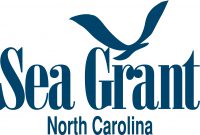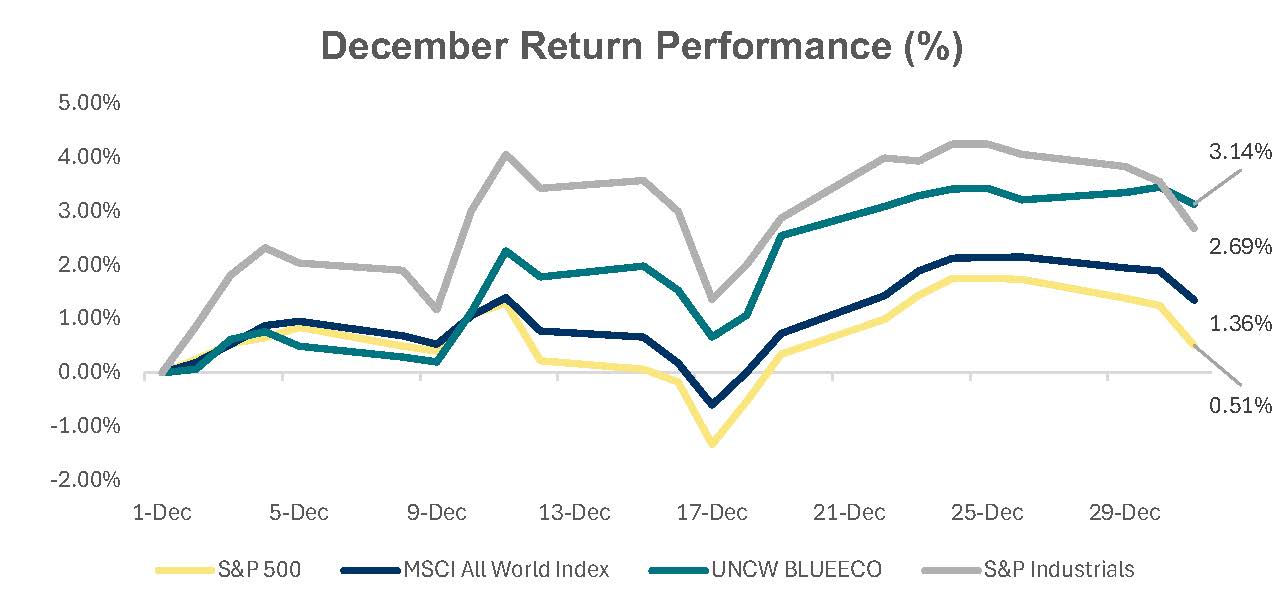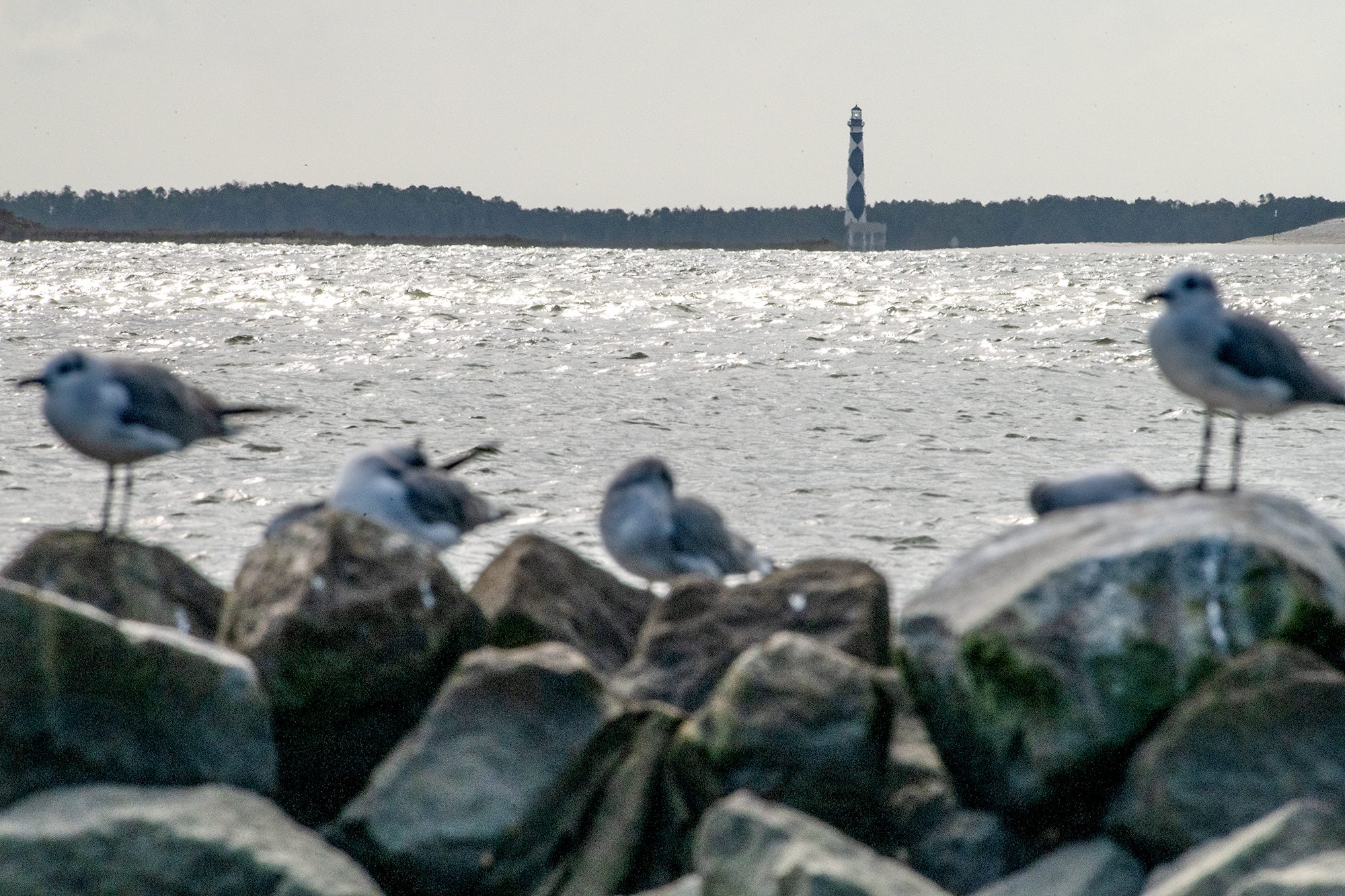
The deadline is next week for the first step to apply for a grant to look at problems affecting coastal ecosystems, economies, and communities.
Supporter Spotlight
Those interested must submit by 5 p.m. Monday the first of a two-stage request for proposal for the North Carolina Sea Grant 2020–2022 Biennial Competitive Research Funding Cycle, which will fund research to begin Feb.1, 2022, and be completed by Jan. 31, 2024.
North Carolina Sea Grant uses the proposal management system eSeaGrant, at go.ncsu.edu/ncesg, for all parts of the proposal cycle.
“This opportunity provides funding to tackle real-world problems,” said Susan White, Sea Grant executive director. “We welcome proposals from researchers with a diverse range of experiences and backgrounds who will bring strategies to consider coastal, marine, and watershed issues important to North Carolina.”
For the first step, researchers must submit preproposals that outline the research topic, its need within the state, the approach and strategy, and the team to be assembled. The second step, known as full proposals, will take place later in the year. A preproposal is required before a full proposal can be submitted for the final competitive review.
“Researchers must relate their topics to the current North Carolina Sea Grant Strategic Plan, which has been updated to cover through 2023,” said John Fear, deputy director. “Go to our website — go.ncsu.edu/Sea-Grant-Plan — to help you ensure that your project ideas align with our focus areas.”
Supporter Spotlight
The four primary focus areas are Healthy Coastal Ecosystems; Resilient Communities and Economies; Sustainable Fisheries and Aquaculture; and Environmental Literacy and Workforce Development.
Lead investigators must be at an institution of higher education in North Carolina, but collaborators can come from various avenues of expertise, including academia, industry, and government. Multi-campus and interdisciplinary teams are encouraged.
Sea Grant encourages proposals from faculty researchers at Historically Black Colleges and Universities, Minority Serving Institutions, and traditionally underserved and underrepresented communities, as well as faculty who can demonstrate how their work and related outreach will benefit underserved and underrepresented communities, according to the release.
“Sea Grant is committed to building inclusive research, extension, communication, and education programs that serve people with unique backgrounds, circumstances, needs, perspectives, and ways of thinking. We encourage applicants from all backgrounds to apply for this competitive research opportunity,” White added.
Contact John Fear at jmfear@ncsu.edu or Susan White at snwhite3@ncsu.edu for questions. Email is the preferred first contact at this time; follow-up phone calls can be scheduled.







